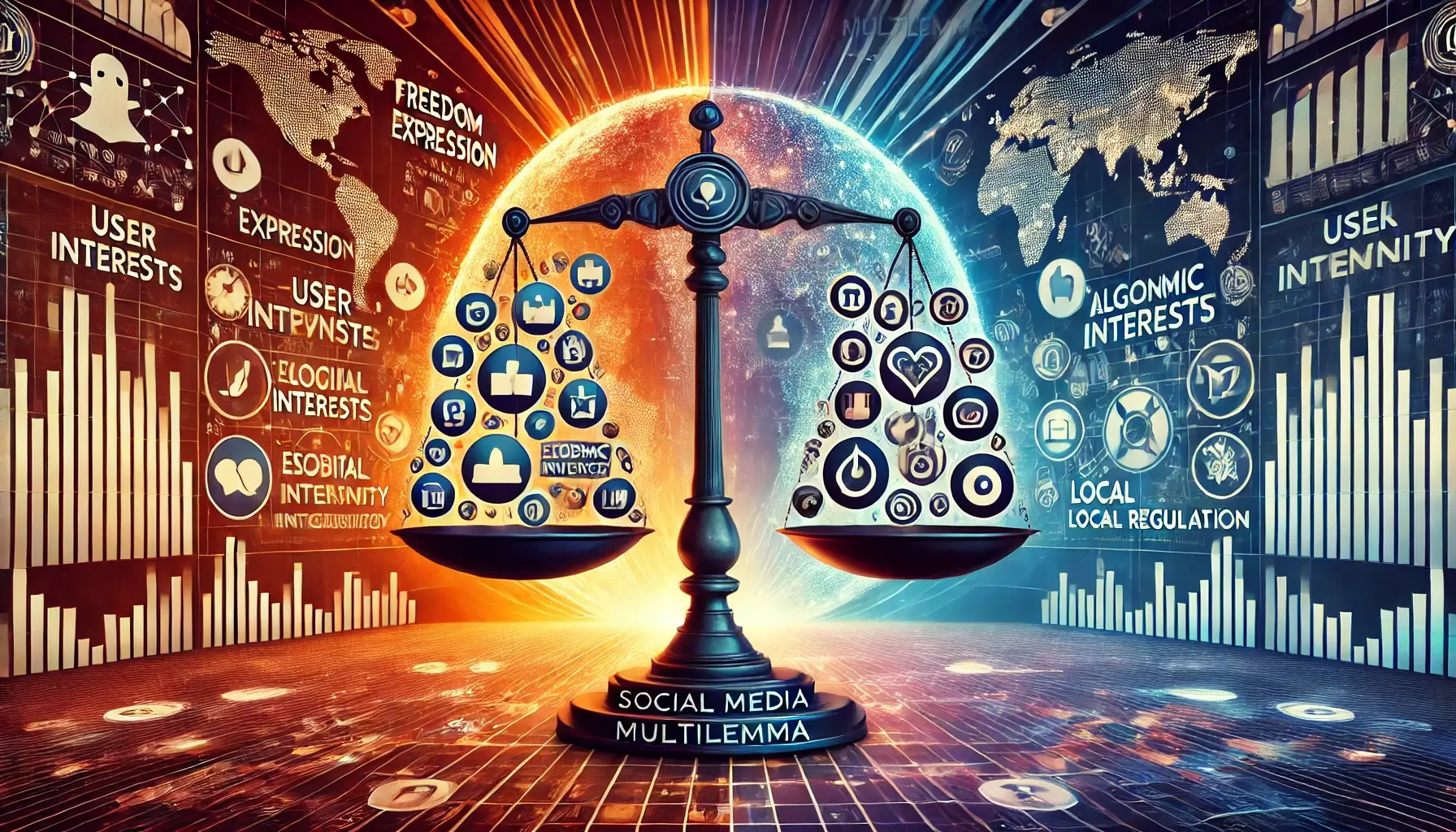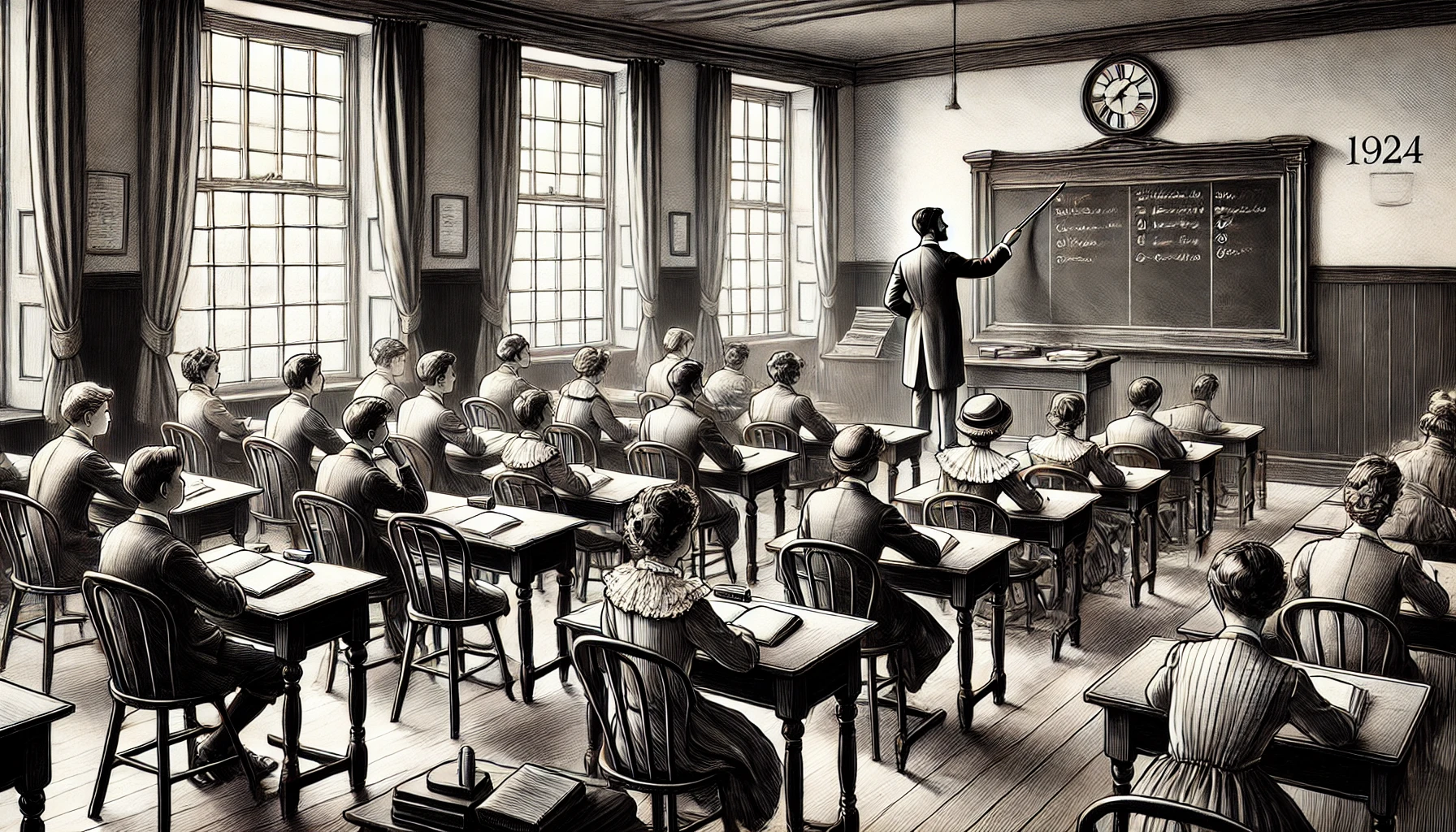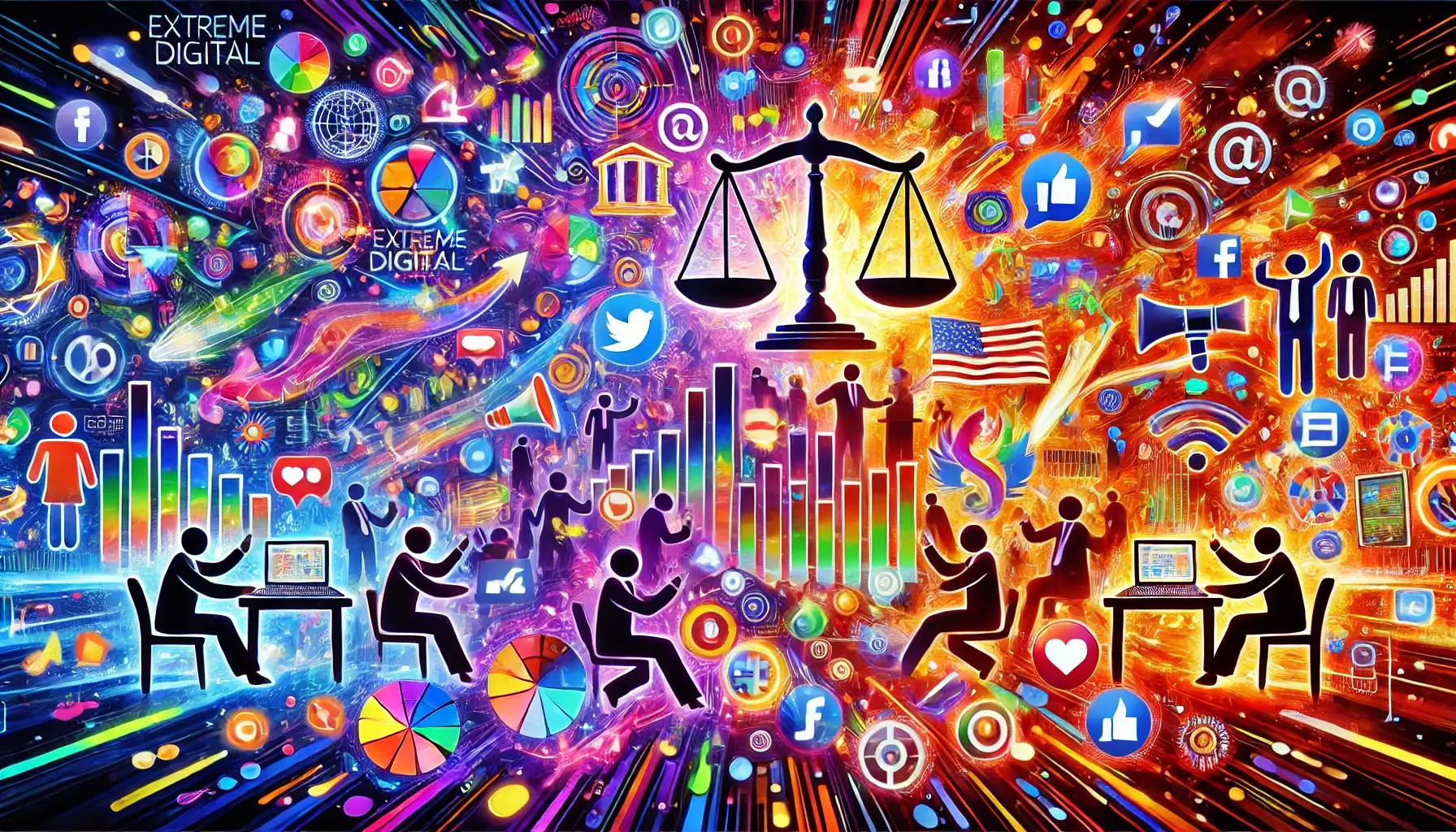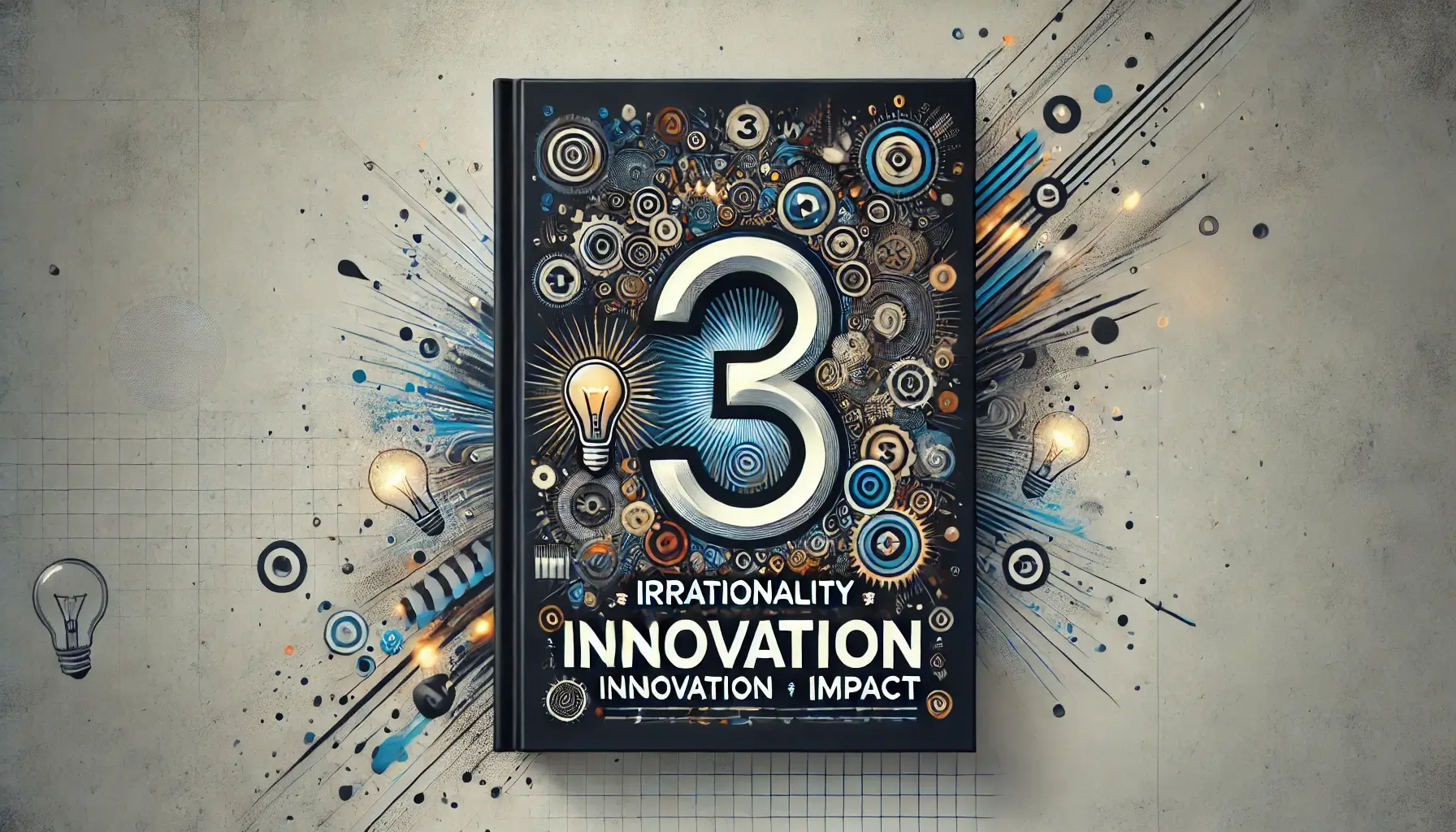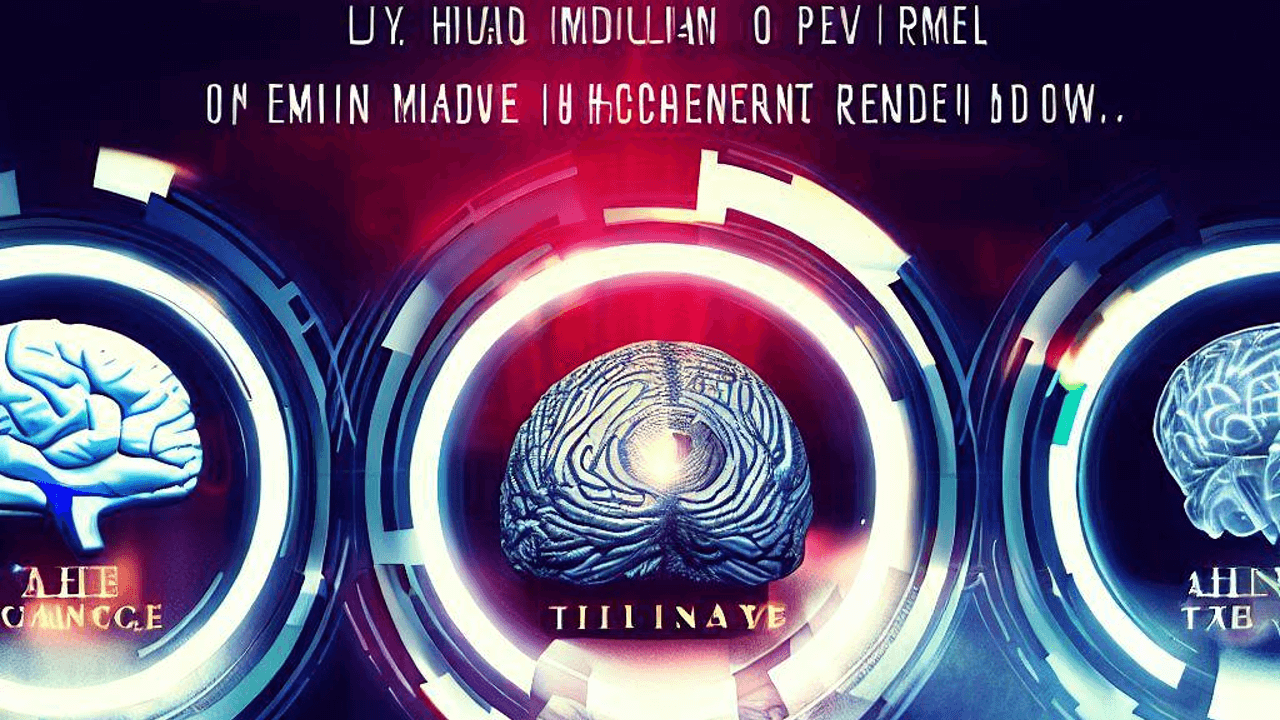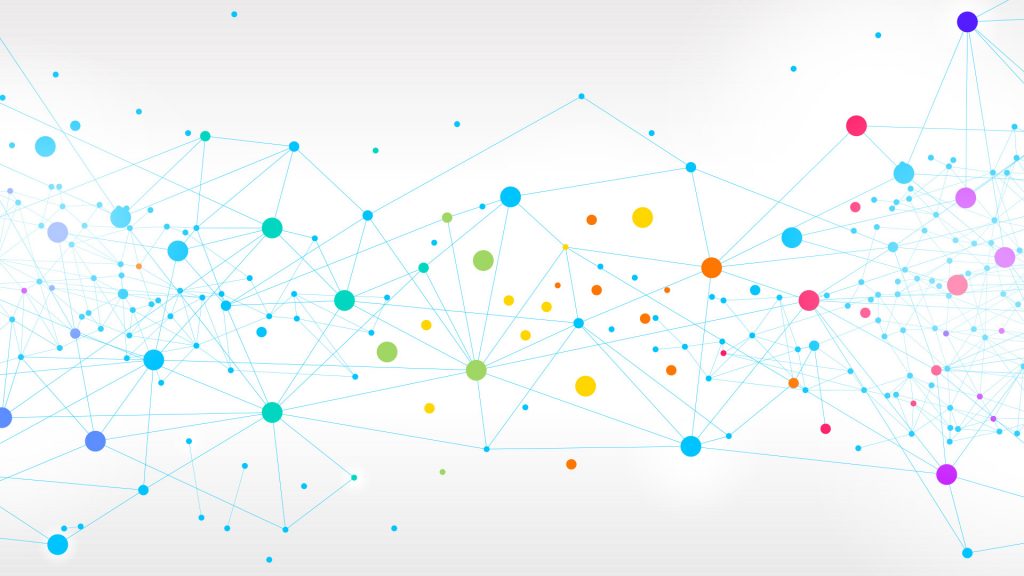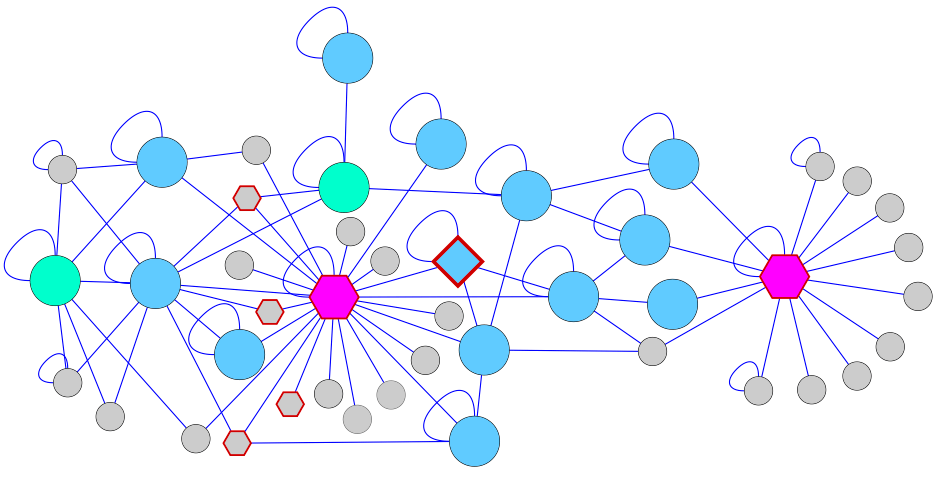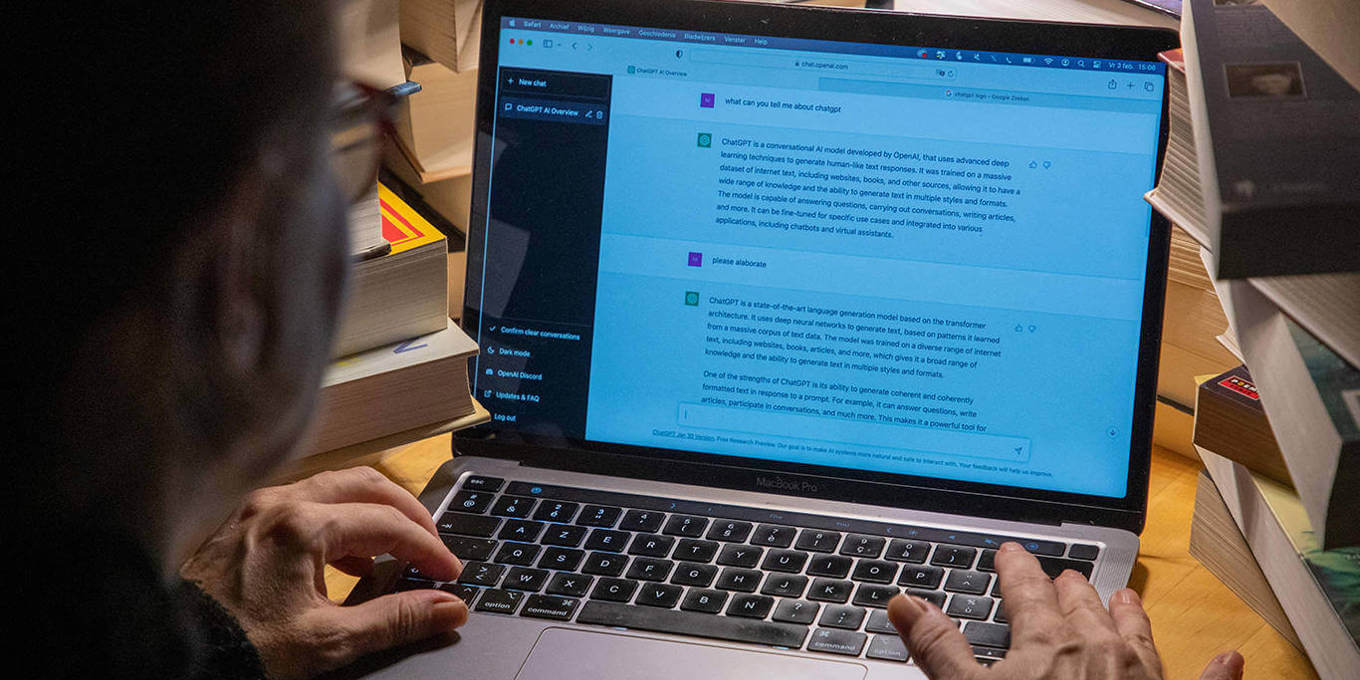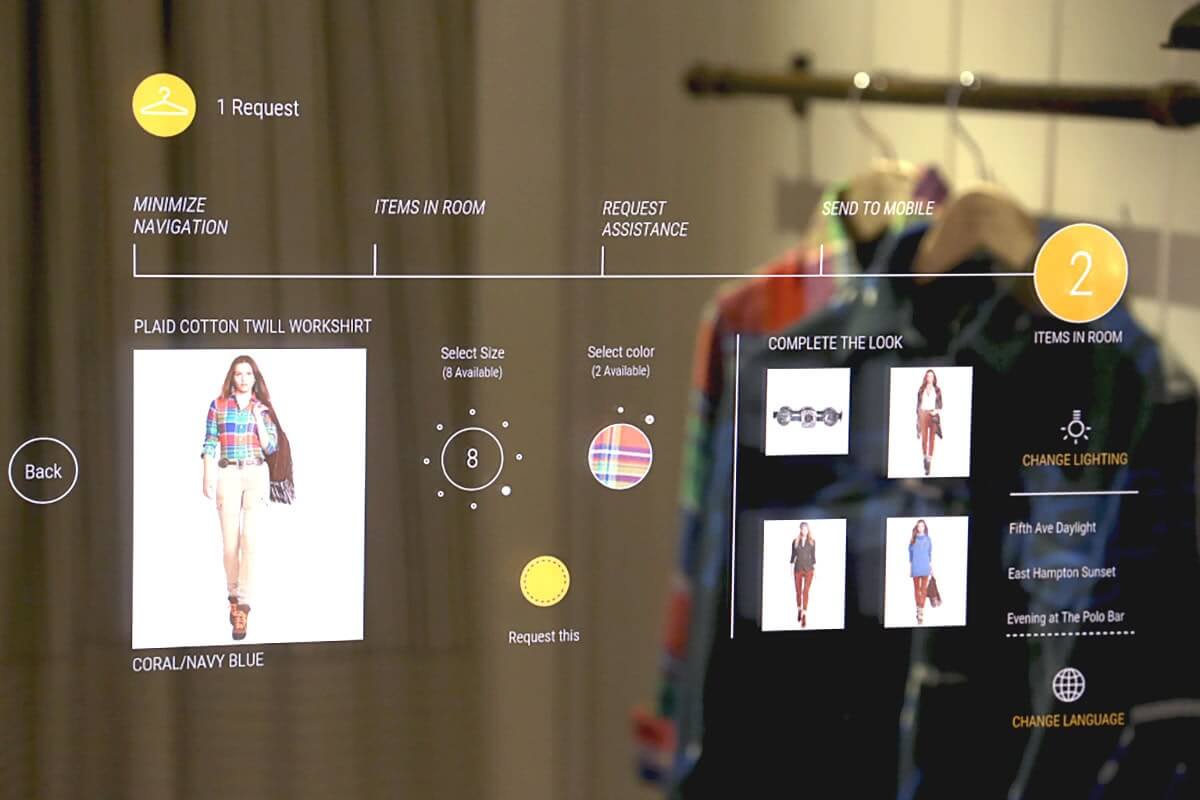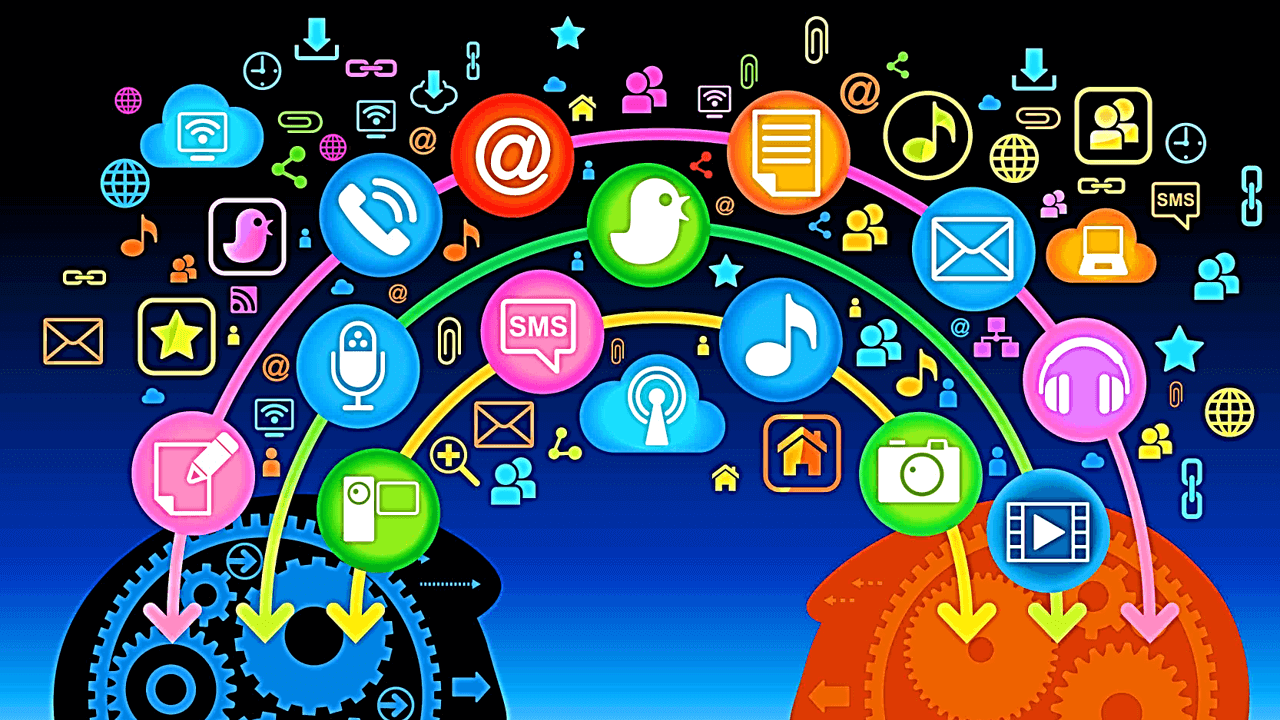domingo de muito sol. um pai está saindo de um grande restaurante numa cidade brasileira qualquer, e há, na calçada, um display [quase um shopping] de centenas de DVDs na [permanente] liquidação “um é 5, três é 10”. o adulto, [des]avisado, compra três musicais por “10”. o blogueiro observa a normalidade do “shopping”, adultos, jovens e crianças, todos, escolhendo sua diversão matinal. e noturna. nisso, um adolescente entra em cena e admoesta: “pai, já disse pra você não fazer mais isso!…”
 aí eu penso: vixe! um jovem que aderiu ao discurso do fórum antipirataria… e me preparo pra fazer uma entrevista ali, ao vivo, que é desmontada na frase seguinte: “pare de comprar estes DVDs!… me diga o que você quer que eu pego num torrent!”
aí eu penso: vixe! um jovem que aderiu ao discurso do fórum antipirataria… e me preparo pra fazer uma entrevista ali, ao vivo, que é desmontada na frase seguinte: “pare de comprar estes DVDs!… me diga o que você quer que eu pego num torrent!”
fecha o pano. a cena é real. e deve se repetir aos montes pelo país afora. pelo mundo afora.
esta semana, deu-se nota de um “report” escrito por um adolescente inglês [matthew robson, 15 anos] e publicado por ninguém menos que a morgan stanley [pegue o .pdf neste link], onde o jovem expert no comportamento de sua geração sintetiza…
Teenagers listen to a lot of music, mostly whilst doing
something else (like travelling or using a computer). This
makes it hard to get an idea of the proportion of their time that is
spent listening to music.They are very reluctant to pay for it (most never having bought
a CD) and a large majority (8/10) downloading it illegally from
file sharing sites. Legal ways to get free music that teenagers
use are to listen to the radio, watch music TV channels (not
very popular, as these usually play music at certain times,
which is not always when teenagers are watching) and use
music streaming websites (as I mentioned previously).
Almost all teenagers like to have a ‘hard copy’ of the song (a file
of the song that they can keep on their computer and use at will) so that they can transfer it to portable music players and
share it with friends.How teenagers play their music while on the go varies, and
usually dependent on wealth –with teenagers from higher
income families using iPods and those from lower income
families using mobile phones. Some teenagers use both to
listen to music, and there are always exceptions to the rule.A number of people use the music service iTunes (usually in
conjunction with iPods) to acquire their music (legally) but
again this is unpopular with many teenagers because of the
‘high price’ (79p per song). Some teenagers use a combination
of sources to obtain music, because sometimes the sound
quality is better on streaming sites but they cannot use these
sites whilst offline, so they would download a song then listen
to it on music streaming sites (separate from the file).
pra traduzir o texto para o português, clique aqui.
matthew robson sabe o que está falando. e leva jeito pra analista. quem dera houvesse muitos robsons no mundo, aqui inclusive, com tal capacidade de análise e síntese. e a morgan stanley tá por dentro do lance: publicar em escala mundial um report de um estagiário de 15 anos de idade é um golpe mais que de mestre. é de aprendiz, de engenheiro do futuro, das coisas que não estão feitas, que ninguém sabe como vão ser. mas que se sabe, e muito bem, que não serão como eram. nunca mais.
este blog tem uma teoria sobre o que vai rolar. vamos falar dela aqui, amanhã.

